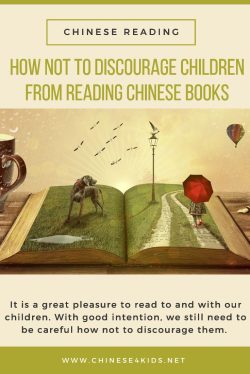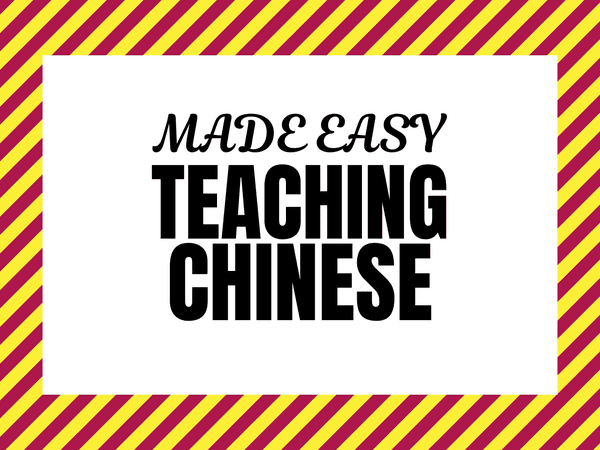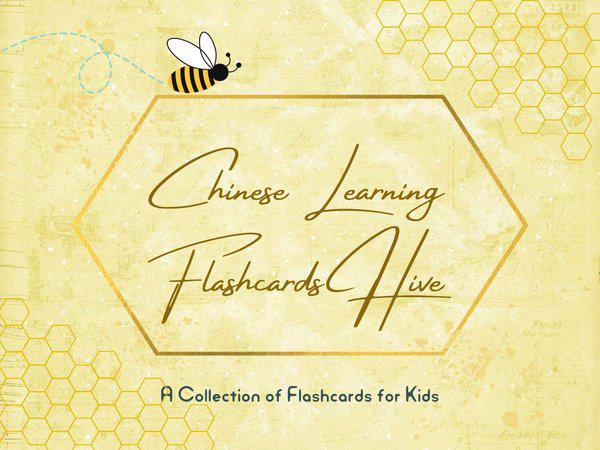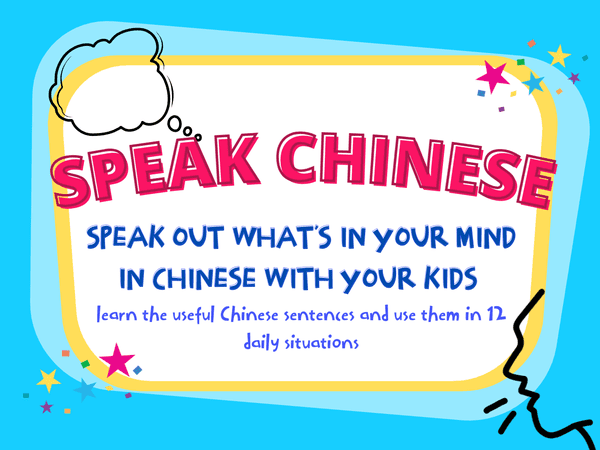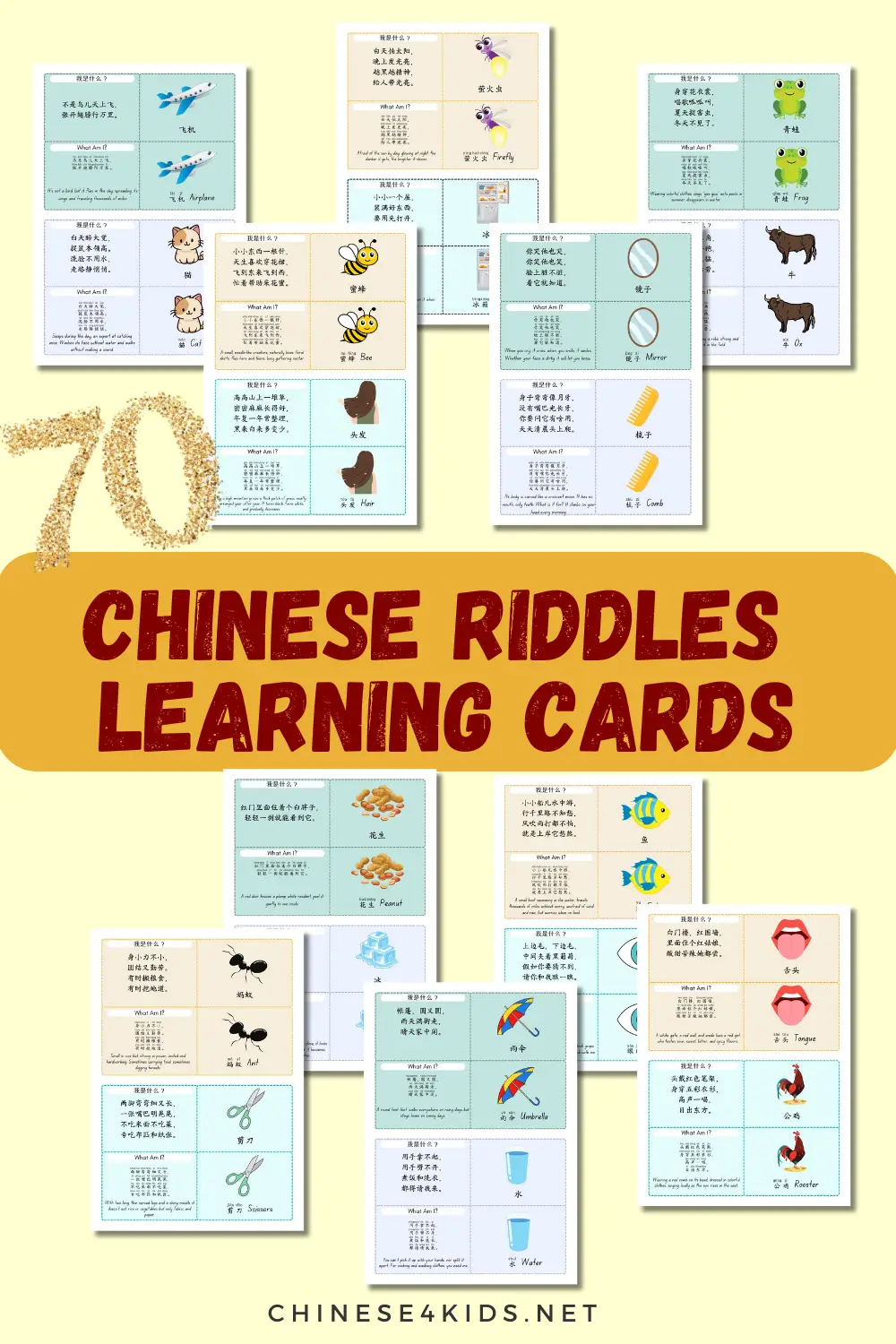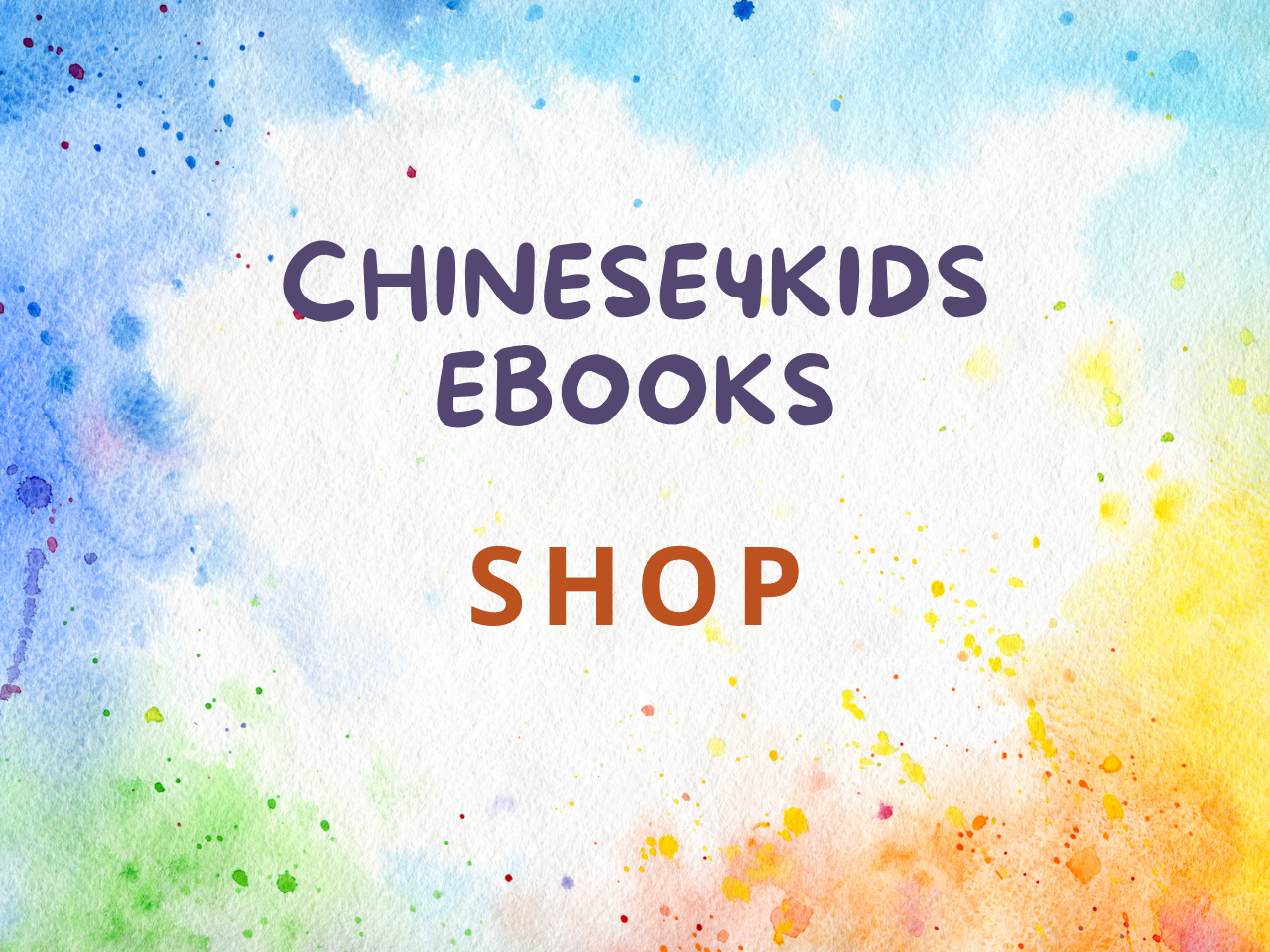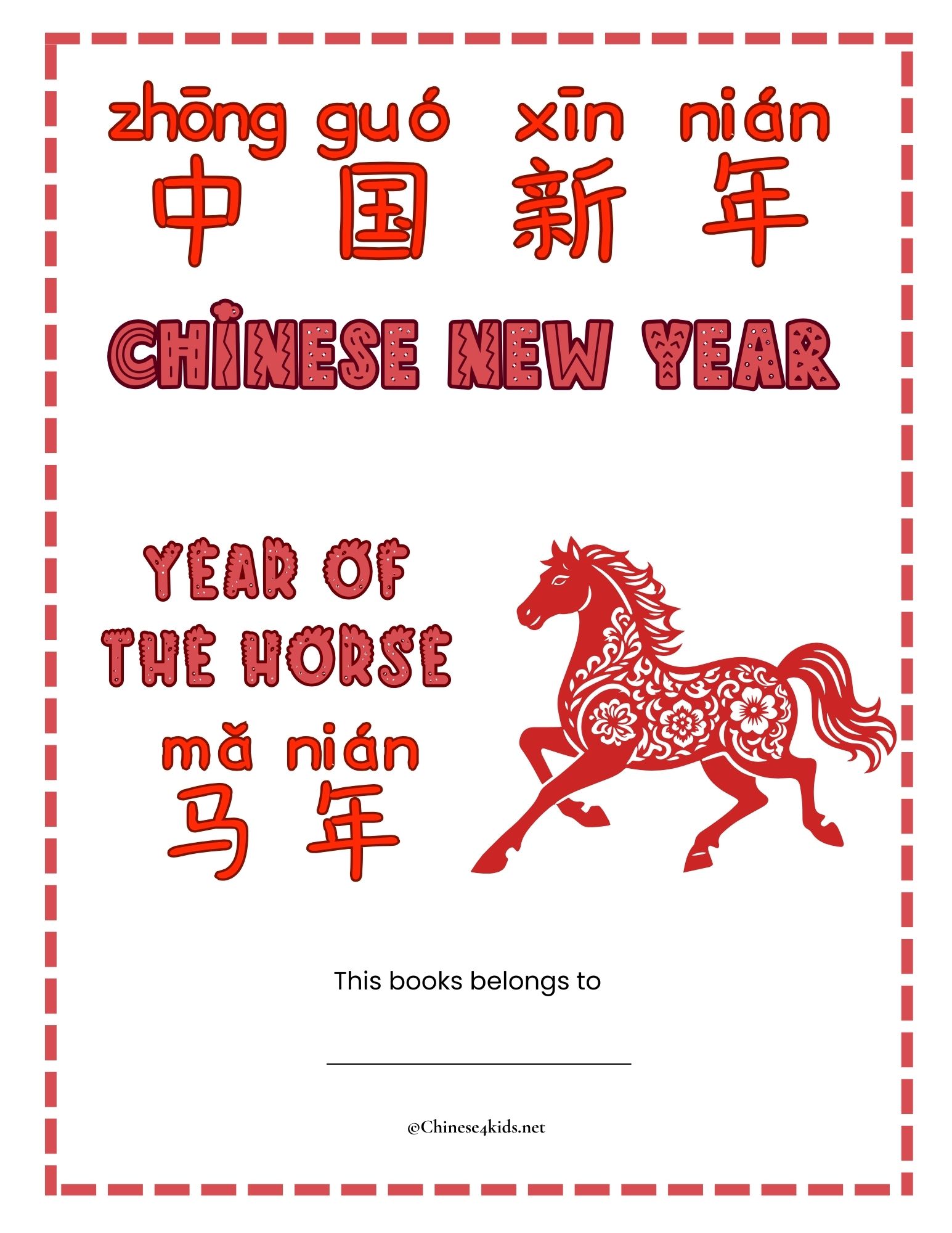
Home » Mandarin Chinese teaching resources » How not to discourage children from reading Chinese books
How not to discourage children from reading Chinese books

First of all, we should keep in mind: all children love books by nature. Children love to read Chinese books if we pay attention.
The reading journey usually starts early when parents read books to their kids. Gradually children learn to read together with their parents, to read with friends, to finally read independently. The beginning of the journey, esp. the journey of Chinese reading, requires nurturing. With so much distraction nowadays from the TV and other digital media, it is not always easy to encourage kids to read. And we should be very careful not to discourage them from reading.
How to do that? Here are some tips:
Put the Willingness of the Child into Consideration
Sometimes parents ask the children to read when they are playing. If the children are “invited” by force to read, they won’t pay full attention to the books. They may be sitting next to the parent, but their minds and hearts probably are still on the game they were playing.
A child needs a certain amount of time of reading. It is an important part of his daily life. To make sure the child gets into the habit of reading, set a fixed time of the day for reading, for example, 20 minutes before going to bed. Once this becomes a habit, the bedtime reading will become the time the child looks forward to.
Choose Chinese Books the Child is Most Interested in
If we select a Chinese book the child is interested in and then read it together with him/her, he or she will most likely enjoy the reading. If we choose a book which may be full of knowledge and educational insights, but the child has no interest at all at the time, we won’t be able to attract the child into the reading.
In such a case, it might be a good idea to establish an agreement with the child: Both parents and the children have the right to choose Chinese books to read together. The children can choose a Chinese book and the parents can choose another one.
Avoid Asking Too Many Questions During the Chinese Reading Time
We ask the children to read and we want to know how much they understand. Sometimes it is so easy to test them during the reading by asking “Have you seen this?” “Do you understand?”, but asking too many questions actually may discourage children from enjoying reading itself.
Make reading a pure enjoyment if we can. It does not matter if the child can remember the details or learn something from the book. It is far more important to lead the child into the book and feel what is told in the story. As soon as the child enjoys the world in the books, reading is something he will do automatically.
Do Not Emphasize Too Much on the Independent Reading When the Child Is Not Ready
When a child has accumulated certain vocabulary, parents tend to ask the child to read independently. In Chinese learning, when a child has a vocabulary of around 100 characters, he/she can read simple books. However, reading out the characters does not necessarily mean full understanding the meaning of the combination of the characters. If it is not part of the Chinese learning, reading Chinese books to a child is better since the tones and pauses can make a big difference in terms of understanding.
Avoid Using Audio Books to Replace the Time Reading Together
There are lots of great audio books available, some are narrated by really good narrators. They are a good source of Chinese learning. However, simply playing the play button can not replace the reading you have with your child. The time spent together, the coziness of cuddling and the right books make the reading more meaningful than reading itself.
Read to your child, read together with your child and let your child read to you. As Dr. Seuss said,
“The more books you’ll read, the more things you’ll know. The more that you learn, the more places you’ll go.”
If you like this post, PIN IT!
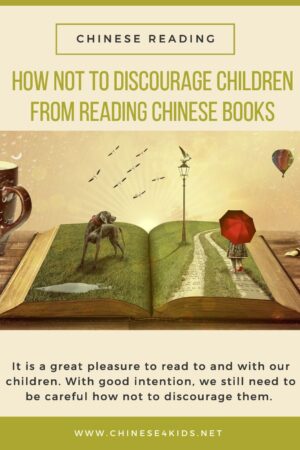
Related Articles You May Like
- Power of Reading for Young Beginning Chinese Learners
- Unlocking the Power of Reading for Young Beginning Chinese Learners
- Tips for Kids Learning to Read Chinese Books
- How not to discourage children from reading Chinese books
- 5 phases of Chinese literacy development: A Guide for Parents and Educators
- A Step-by-Step Guide for Kids to Chinese Reading
- My First Chinese Reading Bundle
You May Also Be Interested:
- Chinese4kids Membership – a portal for busy Chinese teachers and parents
- Chinese learning flashcards Hive – a flashcards library that with regular additions of new quality Chinese learning flashcards
- Chinese learning worksheets collection – Also a part of Chinese4kids membership, this collection is for teachers and parents who want to have access to engaging worksheets and activity sheets created for kids learning Mandarin Chinese as an additional language
- Speak Chinese with Kids Course
- Chinese Vocabulary Made Easy Course
Recent Posts
Join Our Membership
Enroll to A Course
Buy An eBOOK
Our Posts
